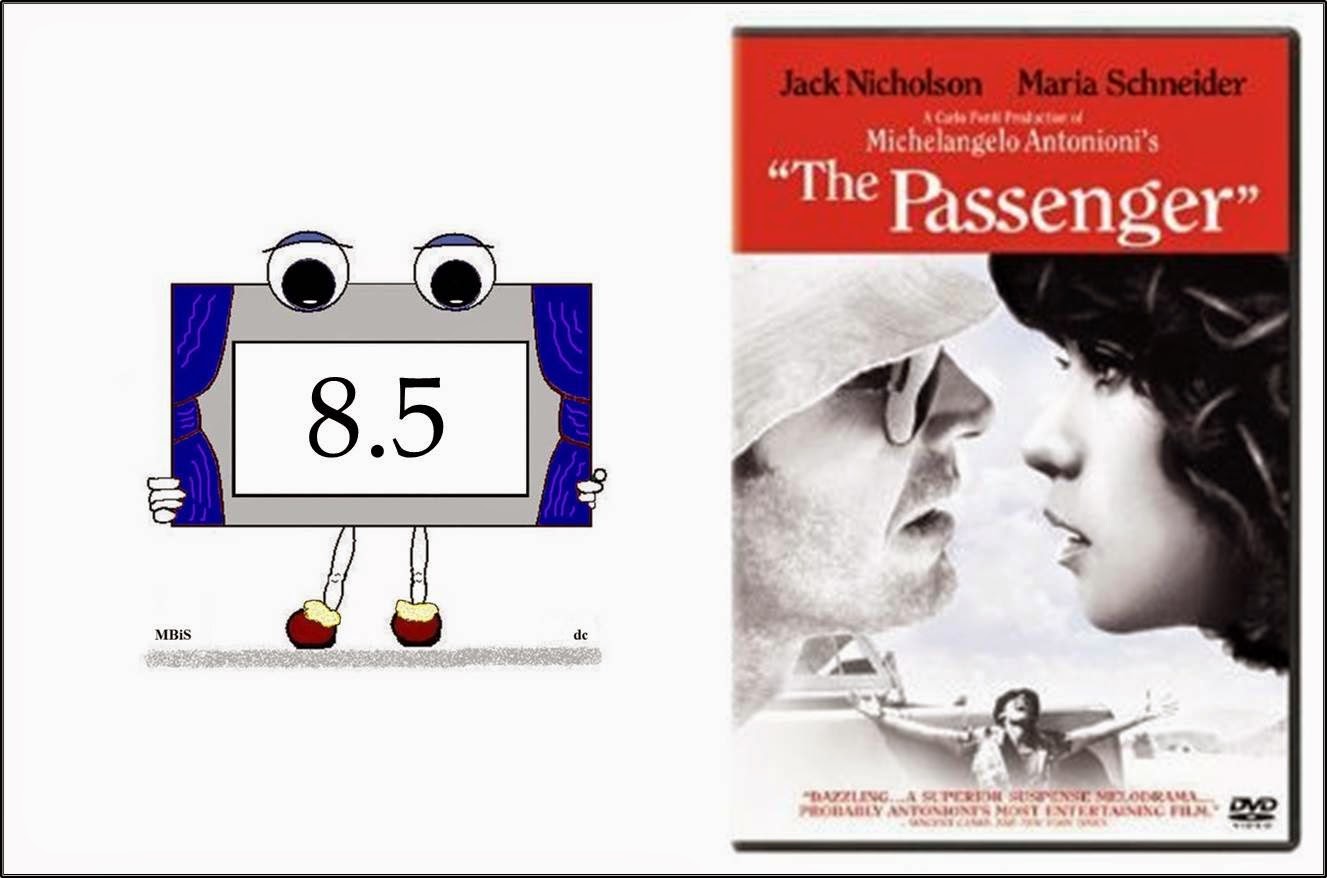Queen (The)
Genre: political drama
Director: Stephen Frears
Release: 2006
Studio: Pathé Pictures International, Granada Film Productions,
Pathé Renn Productions et al.
Rating: -
MBiS score: 8.4/10
Irresistible Force
Meets Immovable Object
A few months after Tony Blair’s election as
Prime Minister on a ticket promising constitutional reform, the British royal
family is rocked by a second monarchy-threatening event: Princess Diana’s
horrible death one summer night in Paris. With Helen Mirren (Queen Elizabeth II), Michael Sheen (Tony Blair), James Cromwell (Prince Phillip), Sylvia Syms (the Queen Mother), Alex Jennings (Prince Charles) and Helen McCrory (Cherie Blair).
Early September 1997 was as awkward a time
as I can remember. Lady Di’s death triggered outpourings of sympathy for
herself and her two sons but also seething enmity towards the Royals who were
seen as aloof or even cold-hearted. Using cinematic fiction interspersed with news
reports and documentary material, Stephen Frears achieved what I had thought
impossible: a fascinating snapshot of that troubled period and of the Windsors struggling with
tragedy, external pressures and a changing world.
THE QUEEN is all the more startling because
its characters speak from the gut, using words unfettered by protocol or
politeness. I don’t know how much of it is accurate but Peter Morgan’s
screenplay does agree with what was said, seen and reported at the time. The cast
features characters both well-known and little-known, each one guided by his/her
beliefs or agenda, including:
- the royal family, a long-standing and
changeless institution suddenly at risk of irrelevance;
- Tony Blair, who wasn’t yet familiar with
constitutional matters but earnestly believed that the Windsors would lose face
if they didn’t share in the nation’s grief;
- Blair’s Labour entourage, at times tempted
to profit politically from the crisis;
- Cherie Blair, Tony’s wife, a bright and
feisty woman not much enamoured of royalty;
- the British media, generally critical of
the Windsors;
and
- the real Lady Di, always a thorn for her
former in-laws.
One last note about the film’s content. In
its treatment of people and events, THE QUEEN shows no mercy but doesn’t take
sides. Those who supported Lady Di in her feud with the Windsors or the Royals
against their estranged daughter-in-law will find food for thought and grist
for their mill.
In other regards, THE QUEEN also delivers the
goods. Production values are top-level, the film’s cinematography is noticeably
excellent and its musical score, appropriately quiet. Acting-wise, Helen Mirren
leads the way with a hauntingly faithful, Oscar-winning portrayal of Elizabeth;
other cast members perform firmly and credibly even though they don’t look
quite like the characters they play. Stephen Frears’ direction is flawless. On
a lighter note, those corgis are a riotous lot.
So how does the movie end after all that
sparring between the Queen and her pesky PM? With an eerie tête-à-tête and some
sort of new beginning. As for our real-life protagonists, we all know how they turned
out. The royal family has adapted, its younger members are now in the spotlight
and the institution lives on. For his part, Tony Blair did triumph in a way but
his star faded and he too had to face public anger eventually. It’s just the
way it is, you see… politicians come and go but God does save the Queen.
MBiS
© 2014 – All rights reserved












